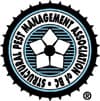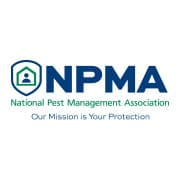The effects of Covid-19 are being felt throughout the property market. More houses are becoming empty as they remain unsold thanks to the plummeting sales of homes. Pests are the ultimate squatters, taking an empty house as prime real estate for them to move into. An empty, unsold house offers pests the perfect shelter with plenty of nooks and crannies to hide in.
According to the guys at London based firm Best Pest Control, the ideal houses for pests to infest are those that have been empty for a longer amount of time. They also prefer houses that haven’t had repair work done as these properties are more likely to provide water supplies via leaks.
Once pests infest an empty home the rest of the neighbourhood should also worry. These pests will eventually venture out looking for food. If they find that in your home, then they may choose to set up their nests in your property too. It’s incredibly important to practice pest control in both uninhabited and lived in homes to avoid infestations spreading throughout the neighbourhood.
 Common Pests in Empty Houses
Common Pests in Empty Houses
The most common types of pests you will usually find in an empty home are rodents. Rats, squirrels and mice love to infest an empty house because they can find shelter, food and water – all the things they need to survive. Walls that contain insulation make the perfect bedding for a rodent‘s nest. Occasionally larger pests such as foxes and pigeons will also take advantage of an empty house if they can gain access.
Pest Proofing an Empty Home
If you own an empty property in London that is currently not being lived in or want to protect your own property from pests in the neighbourhood then use the following tips to pest proof your home.
- Seal up any cracks that are 1/8 of an inch or larger around the home. Mice can squeeze through tiny holes that are small as a penny, so you really need to keep the home sealed to stop them from infesting.
- Keep the surrounding garden and landscape well-manicured. Remove debris and weeds and cut back any shrubbery or tree limbs that overhang onto the home.
- Fix loose roof tiles and any missing ones should be replaced. Check the loft as well to make sure there’s no roof access for pests such as pigeons.
- Keep outdoor bins closed and seals at all times. You should do this for your indoor bins as well if you are pest proofing your own home.
- Never leave food outside for pets.
- Eliminate any sources of standing water around the property including leaks.
Contributed by: Natural Pest Solutions, Foremost Experts in Pest control and Pest Exclusion.
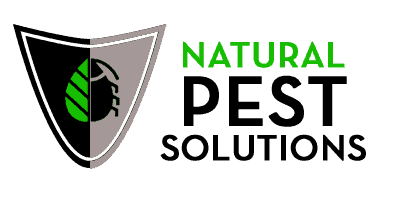
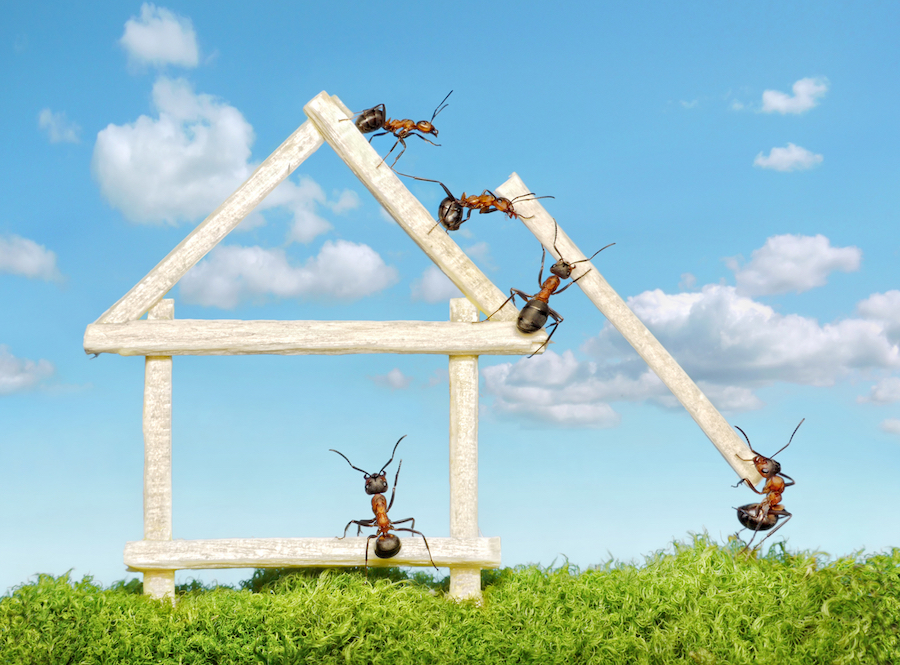
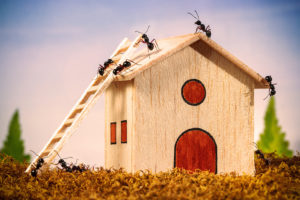 Common Pests in Empty Houses
Common Pests in Empty Houses


